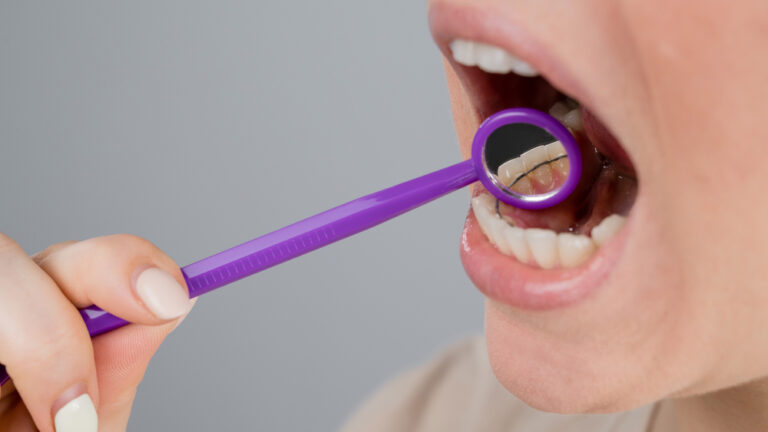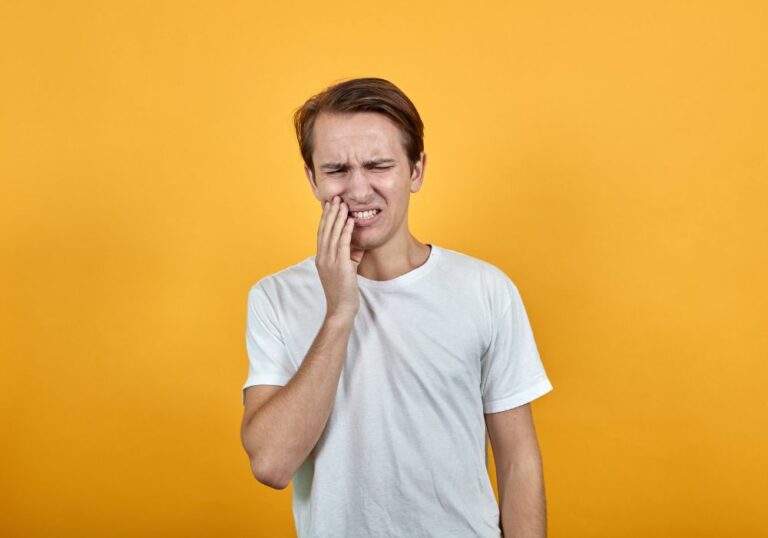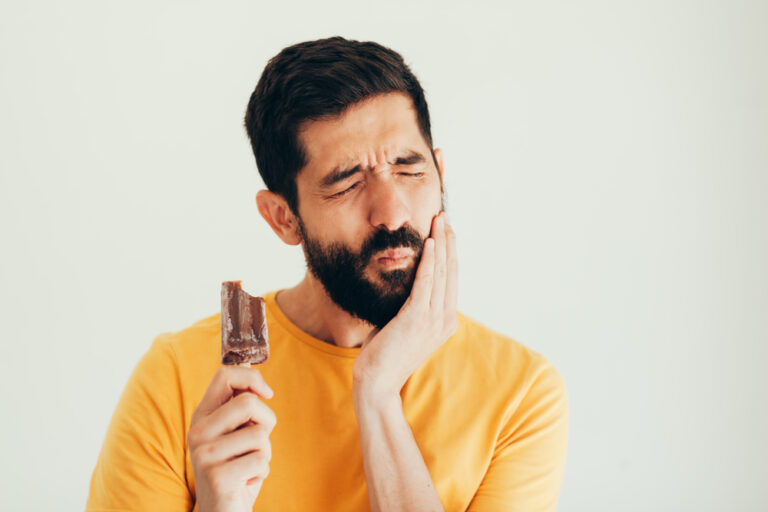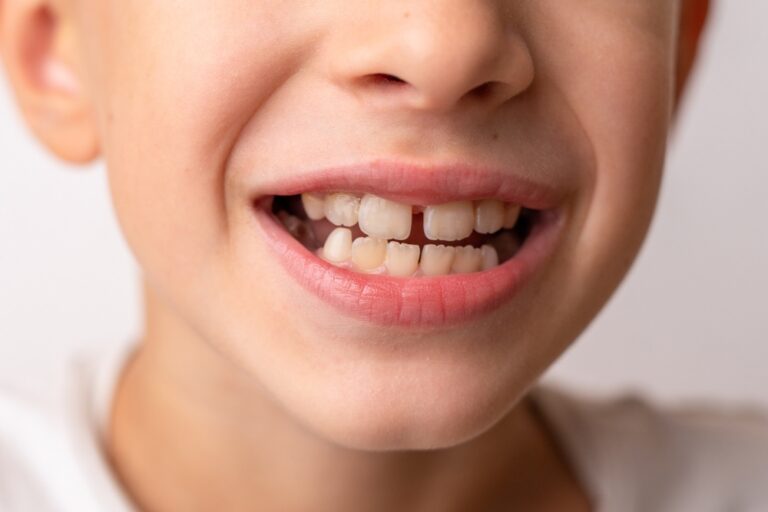If you’re planning a trip and have recently had your wisdom teeth removed, you may be wondering if it’s safe to travel. While it’s important to take care of your mouth during the healing process, the good news is that most people can travel after wisdom teeth removal.
It’s generally recommended to wait at least 48 hours after the procedure before flying, as changes in air pressure can cause discomfort and swelling. However, this can vary depending on your individual circumstances and the advice of your dentist or oral surgeon. It’s important to follow their post-op instructions carefully to ensure a smooth recovery and minimize the risk of complications.
During the healing process, it’s important to avoid hard or crunchy foods that can irritate your gums and stick to soft foods like soup, mashed potatoes, and yogurt. You should also brush and floss regularly to prevent infection and use a saltwater rinse to keep your mouth clean. If you experience any pain or swelling, over-the-counter pain medication can help provide relief. With the right care and precautions, you can still enjoy your trip after wisdom teeth removal.
Understanding Wisdom Teeth Removal
What is Wisdom Teeth Removal?
Wisdom teeth removal is a surgical procedure that involves the extraction of one or more wisdom teeth. Wisdom teeth are the last set of molars that typically emerge in the late teens or early twenties. While some people have enough room in their mouth to accommodate these teeth, others may experience pain, infection, or other dental problems due to a lack of space.
The Procedure of Wisdom Teeth Removal
The procedure for wisdom teeth removal involves several steps. First, your dentist or oral surgeon will administer anesthesia to numb the area around the tooth or teeth that need to be removed. Depending on the complexity of your case, you may receive local anesthesia, sedation, or general anesthesia.
Once you are numb, the dentist or oral surgeon will make an incision in your gum tissue to expose the tooth and surrounding bone. They will then remove the tooth or teeth, often in pieces, using forceps or a surgical drill. After the tooth or teeth have been removed, the dentist or oral surgeon will clean the socket and may place stitches to promote healing.
The entire procedure typically takes less than an hour, but the recovery process can take several days to a week or more. During this time, you will need to take precautions to avoid complications such as dry socket, which can occur when the blood clot that forms in the socket is dislodged, exposing the bone and nerves.
Overall, wisdom teeth removal is a common procedure that can help alleviate pain and prevent future dental problems. If you are experiencing discomfort or other symptoms related to your wisdom teeth, you should consult with your dentist or oral surgeon to determine whether extraction is necessary.
Post-Surgery Care
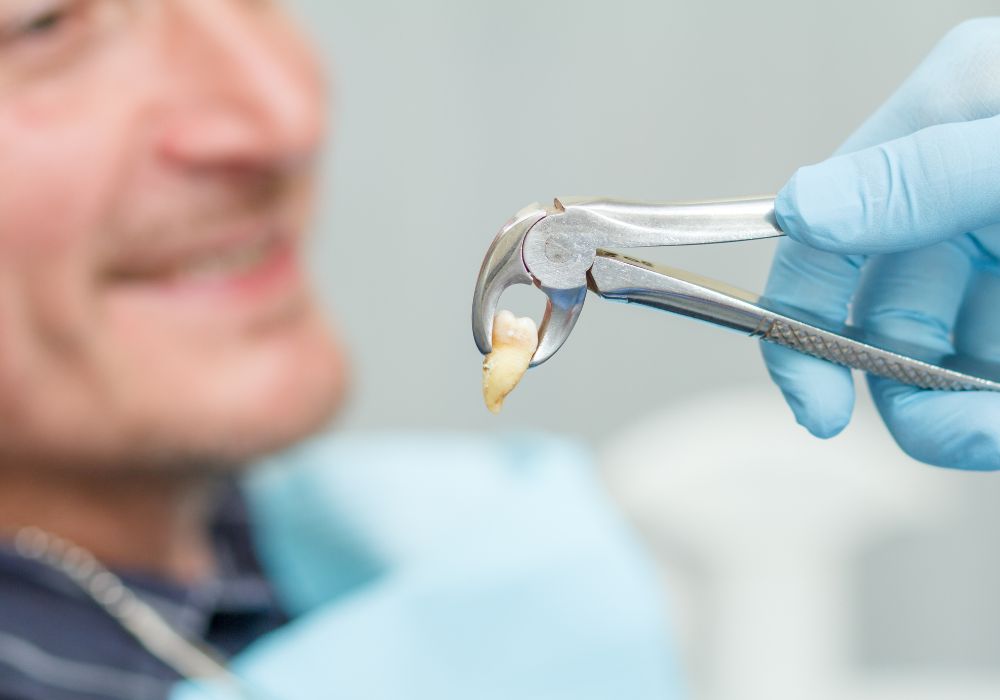
After having your wisdom teeth removed, it is important to take proper care of yourself to ensure a smooth and speedy recovery. This section will cover the immediate aftercare and long-term recovery that you should follow to help prevent complications and promote healing.
Immediate Aftercare
Immediately following your surgery, you will need to take it easy for the rest of the day. Here are some tips to help you care for yourself during this time:
- Bite down gently on the gauze pads placed over the surgical area to help reduce bleeding and promote clotting. Change the gauze pads every 30-45 minutes or as needed.
- Apply an ice pack to your cheek for 20 minutes on, then 20 minutes off, for the first 24-48 hours to help reduce swelling.
- Rest and avoid any strenuous activity.
- Avoid drinking through a straw, as the sucking motion can dislodge the blood clot and delay healing.
- Eat soft foods, such as soups, smoothies, and mashed potatoes, for the first few days. Avoid crunchy or hard foods that can irritate the surgical site.
Long-Term Recovery
In the days and weeks following your surgery, you will need to continue to care for yourself to promote healing. Here are some tips to help you care for yourself during this time:
- Continue to eat soft foods for the first few days, gradually introducing harder foods as you feel comfortable.
- Brush your teeth gently, avoiding the surgical site, and rinse your mouth with salt water after meals to help prevent infection.
- Avoid smoking or using tobacco products for at least a week after surgery, as they can delay healing.
- Avoid drinking alcohol for at least 24 hours after surgery, as it can interfere with the healing process.
- Take any prescribed pain medication as directed to help manage discomfort.
- Attend any follow-up appointments with your dentist or oral surgeon to ensure proper healing.
By following these tips, you can help ensure a smooth and speedy recovery after your wisdom teeth removal. Remember to take it easy and give yourself time to heal, and don’t hesitate to reach out to your dentist or oral surgeon if you have any concerns or questions.
Planning a Trip After Wisdom Teeth Removal
If you’re planning to go on a trip after having your wisdom teeth removed, there are a few things you should keep in mind. Here are some tips to help you plan your trip and ensure a smooth recovery.
Ideal Time to Travel
It’s important to wait a few days after your surgery before traveling. Your dentist will likely recommend that you wait at least 24 hours before flying, and at least 48 to 72 hours before driving long distances. This is to allow your body time to heal and reduce the risk of complications.
After the first few days, you should be able to travel without any major issues. However, it’s still important to take it easy and avoid any strenuous activities that could potentially cause pain or discomfort.
Potential Risks and Considerations
There are a few potential risks and considerations to keep in mind when traveling after wisdom teeth removal. Here are some things to consider:
- Pain and discomfort: You may experience some pain and discomfort during your trip, especially if you’re flying. It’s important to bring any pain medication prescribed by your dentist and take it as directed.
- Swelling: Swelling is a common side effect of wisdom teeth removal and can last for several days. If you’re flying, the change in air pressure can make the swelling worse. To reduce swelling, try applying a cold compress to your face for 20 minutes at a time.
- Eating: After wisdom teeth removal, you’ll need to stick to a soft food diet for a few days. Make sure to pack plenty of soft, easy-to-eat foods for your trip, such as yogurt, smoothies, pudding, and soup.
- Cleaning: It’s important to keep your mouth clean after wisdom teeth removal to prevent infection. Make sure to pack a travel-sized bottle of mouthwash and a soft-bristled toothbrush to use during your trip.
Overall, traveling after wisdom teeth removal is possible, but it’s important to take it easy and be prepared for any potential issues. With the right preparation and care, you can still enjoy your trip while recovering from your surgery.
Tips for Travelling After Wisdom Teeth Removal
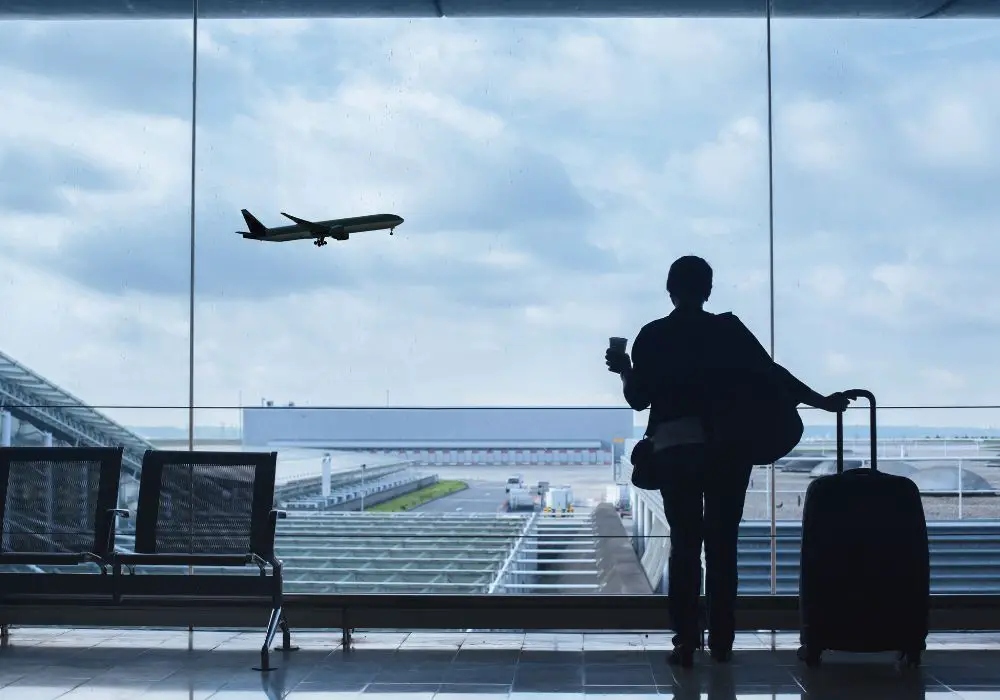
If you’re planning to go on a trip after wisdom teeth removal, there are a few things you should keep in mind to make the journey as comfortable as possible. Here are some tips to help you manage your recovery while travelling.
Packing Essentials
When packing for your trip, make sure to include the following items:
- Pain medication prescribed by your dentist or oral surgeon
- Ice packs or a cold compress to reduce swelling
- Gauze pads to control bleeding
- Soft foods that are easy to eat, such as yogurt, smoothies, and soup
- A travel pillow to support your head and neck during the journey
- A water bottle to stay hydrated
Managing Pain During Travel
Travelling can be uncomfortable, especially if you’re still experiencing pain and swelling after your wisdom teeth removal. Here are some tips to help you manage pain while on the go:
- Take pain medication as prescribed by your dentist or oral surgeon
- Apply ice packs or a cold compress to your cheeks for 20 minutes at a time to reduce swelling
- Avoid hard, crunchy, or spicy foods that can irritate your extraction sites
- Drink plenty of water to stay hydrated and help flush out any bacteria that may cause infection
- Use a travel pillow to support your head and neck while sleeping or resting
- Take breaks and stretch your legs during long flights or car rides to prevent blood clots
By following these tips, you can help ensure a smoother and more comfortable trip after your wisdom teeth removal. Remember to consult with your dentist or oral surgeon before travelling to ensure that you are fully healed and ready for the journey.
Frequently Asked Questions
When is it safe to travel after wisdom teeth removal?
It is generally recommended to wait at least 24-48 hours after wisdom teeth removal before traveling. However, the exact timing may vary depending on your individual situation and recovery progress. It is important to consult with your dentist or oral surgeon before planning any trips.
What should I do to prepare for a trip after wisdom teeth removal?
Before traveling, make sure to pack any necessary pain medication, gauze pads, and a saltwater rinse. It is also important to bring soft foods and plenty of water to stay hydrated. If you are traveling by plane, consider bringing an ice pack to help reduce swelling.
Can I go on a long flight after wisdom teeth removal?
In general, it is safe to fly after wisdom teeth removal. However, it is important to wait at least 24-48 hours after the procedure before flying. Your dentist or oral surgeon may recommend waiting longer based on your individual situation and recovery progress.
What are the risks of traveling after wisdom teeth removal?
Traveling after wisdom teeth removal may increase the risk of complications, such as bleeding, infection, or dry socket. It is important to follow all post-operative instructions provided by your dentist or oral surgeon to minimize these risks.
Are there any activities I should avoid during a trip after wisdom teeth removal?
During a trip after wisdom teeth removal, it is important to avoid any activities that may increase the risk of complications, such as smoking, drinking alcohol, or engaging in strenuous physical activity. It is also important to avoid eating hard, crunchy, or spicy foods that may irritate the surgical site.
How can I manage pain and discomfort while traveling after wisdom teeth removal?
To manage pain and discomfort while traveling after wisdom teeth removal, make sure to take any prescribed pain medication as directed. You can also use an ice pack to help reduce swelling and a saltwater rinse to keep the surgical site clean. Stick to a soft food diet and avoid any activities that may aggravate the surgical site.

